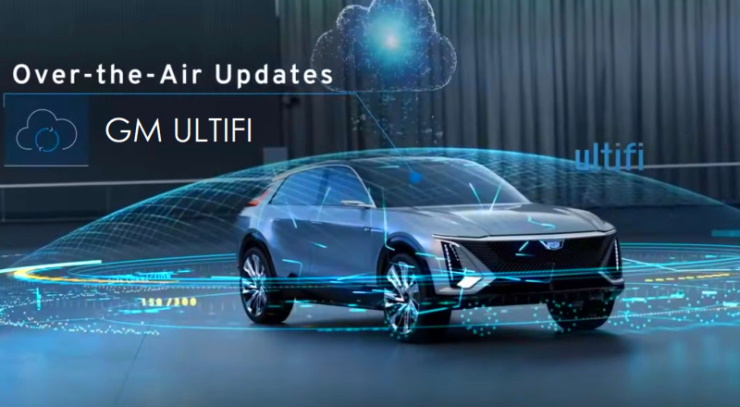General Motors (GM) made waves earlier by announcing the gradual phase-out of Apple CarPlay and Android Auto connectivity on its new EVs and future products. This move left many puzzled, given the popularity of these phone-mirroring programs among car...
General Motors (GM) made waves earlier by announcing the gradual phase-out of Apple CarPlay and Android Auto connectivity on its new EVs and future products. This move left many puzzled, given the popularity of these phone-mirroring programs among car buyers. GM has shed light on its decision, primarily attributing it to safety concerns related to driver distraction caused by cell phone usage while driving.
GM’s head of product for infotainment, Tim Babbitt, emphasized that CarPlay and Android Auto often encounter stability issues, leading to problems like bad connections, slow responses, and dropped connections. When drivers face such issues, they tend to revert to using their phones, defeating the purpose of these phone-mirroring programs. Babbitt’s argument revolves around the idea that if drivers rely solely on the vehicle’s built-in systems, they would be less likely to pick up their phones, resulting in fewer distractions and enhanced safety.
GM’s infotainment software, known as “Ultifi,” integrates fully with Google apps like Maps and the Google Assistant, along with popular apps like Spotify and Audible. The strategy is to replace in-house navigation systems with familiar and preferred programs, addressing a major source of customer dissatisfaction. The linchpin of this approach is the Google Assistant, offering comprehensive control over audio, navigation, climate, and more through voice commands, promoting hands-on-wheel and eyes-on-road safety.
Babbitt acknowledges that the company has not yet tested this theory in real-world scenarios but believes in its potential effectiveness if customers embrace it. Despite issues cited with CarPlay and Android Auto, using physical connections, such as USB data ports, doesn’t entirely resolve compatibility problems. Babbitt points out that Android phones often experience compatibility issues, while iPhones face challenges with backward compatibility, causing older models to struggle with CarPlay consistency.
GM’s decision is not solely altruistic; it also involves financial and data considerations. The ongoing struggle between automakers and tech giants like Apple and Google over data access, control, and ownership is a key factor. Both automakers and tech companies find the data generated in vehicles valuable for customer research and potential monetization by selling anonymized data to third parties.
Additionally, the move aligns with GM’s focus on expanding subscription services through the infotainment system, potentially generating substantial income. The company aims to tap into the subscription market, hoping to make up to $25 billion per year from subscriptions alone by 2030. While GM’s decision has faced criticism, it aligns with a trend seen in companies like Tesla and Rivian, which also do not offer CarPlay and Android Auto.
GM’s strategy is a gamble and a game of chicken with modern vehicle owners and smartphone users. Whether the confidence in their own system can overcome connectivity and reliability challenges remains to be seen. In the end, potential buyers are encouraged to explore the functionality of the infotainment system in the car they intend to purchase and assess its compatibility with their preferences and needs.
The post Android Auto and Apple CarPlay are unsafe: General Motors first appeared on Cartoq.




